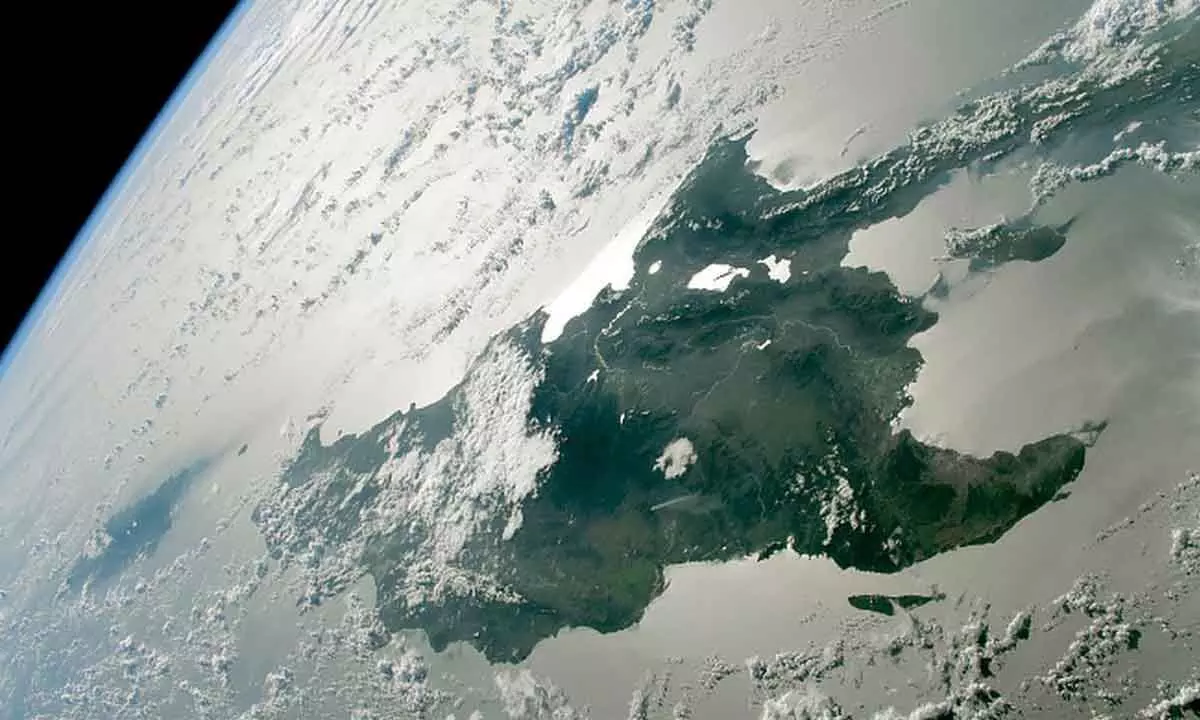
NASA , in partnership with Microsoft, has introduced an AI-driven chatbot called Earth Copilot, designed to make NASA's vast Earth data easily accessible to the public. This innovative tool will help users ask questions about various environmental topics, from hurricane impacts to air quality changes, simplifying access to NASA's complex geospatial database. Earth Copilot leverages AI to condense NASA's vast database into straightforward answers.
For example, users might ask, "What impact did Hurricane Ian have on Sanibel Island?" or "How did the COVID-19 pandemic influence air quality across the U.S.?" By translating intricate scientific information into clear, digestible insights, Earth Copilot is expected to "democratize" NASA's environmental data, making it accessible to those without technical expertise.
Currently, only NASA researchers and scientists have access to Earth Copilot as they test and refine its capabilities. Following this phase, NASA plans to integrate the tool into its Visualization, Exploration, and Data Analysis (VEDA) platform, which already provides public access to some of the agency's environmental data. "For many, finding and extracting insights requires navigating technical interfaces, understanding data formats and mastering the intricacies of geospatial analysis — specialized skills that very few non-technical users possess," Tyler Bryson, Microsoft's corporate vice president of health and public sector industries, said in the announcement.
"AI could streamline this process, reducing time to gain insights from Earth's data to a matter of seconds," Bryson said. Through Earth Copilot, NASA hopes to make its environmental data more understandable and accessible, transforming how the public engages with vital information about our planet..














